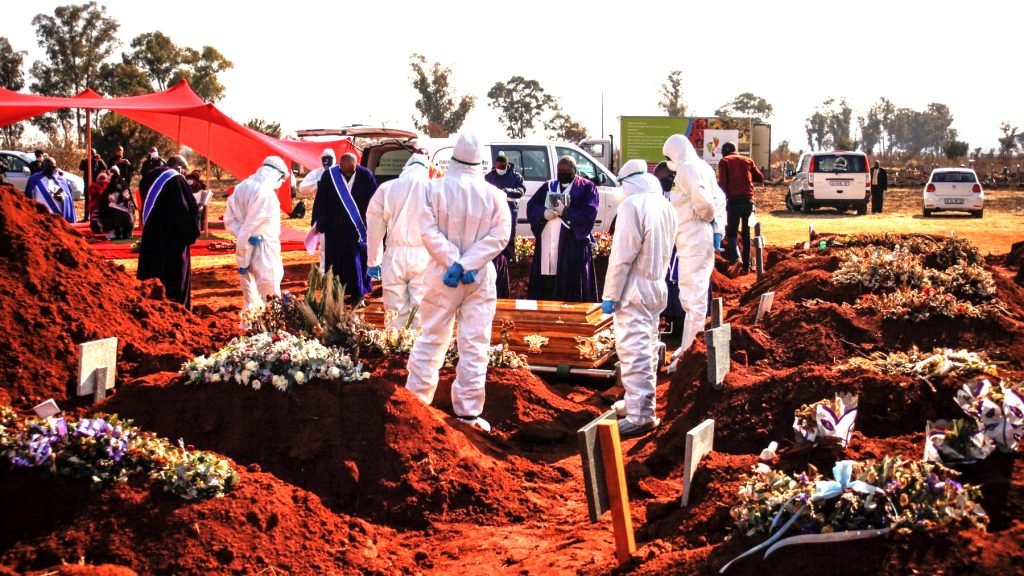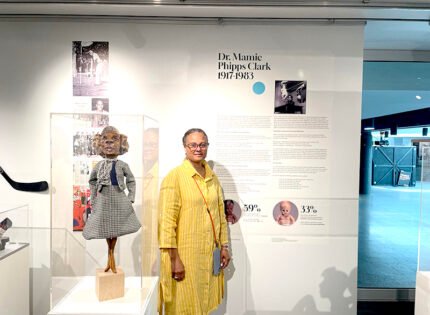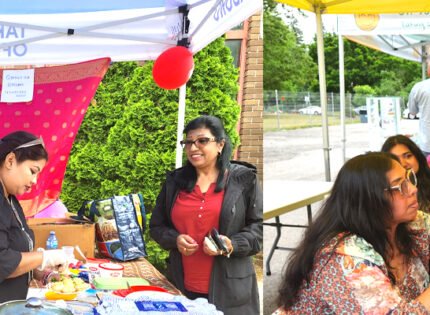

South Africa has become the hardest hit nation on the continent with the highest rates of COVID-19 infections. It is also has the fifth highest number of confirmed cases worldwide with more than 400,000 infections and a death toll of 5,940.
When the virus was declared a global pandemic, the country’s president Cyril Ramaphosa imposed a strict lockdown in the country at the end of March, even banning the sale of cigarettes and alcohol in a bid to ease pressure on health workers.
The restrictions were enforced by soldiers on the streets in a bid to bring the outbreak under control. Authorities later lifted the alcohol ban as business reopened and people returned to work.
As Africa’s second largest economy, the country struggled as most conglomerates were closed. And in May restrictions begun to ease and as a result of this infection rates soared. The government decided to keep the economy open but reintroduce the alcohol ban.
Nonetheless, the high cases have seen the country struggle to manage the shortage of hospital beds and medical facilities. Experts maintain that the reopening is what is leading to the drastic rise.
Defending the decision, Ramaphosa said last month his government wanted to “balance our overriding objective of saving lives and protecting livelihoods”.
Although the number of infected is increasing to almost 10,000 a day the mortality rate is low compared with other highly infected nations. This has been attributed to the fact that South Africa has superior health facilities.

Phones with built-in malware sold across Africa
Over 200,000 Tecno smartphones in Africa have been found to have malicious malware pre-installed to subscribe to services without the consent of the owners.
The malicious code was first discovered by the anti-fraud firm, Upstream on 53,000 Tecno handsets, sold in Ethiopia, Cameroon, Egypt, Ghana and South Africa. The manufacturer of the phones in China, Transsion is quoted as saying that the malware was installed in the supply chain without its knowledge.
One of the malicious codes written onto the android phones is known as xHelper which finds subscription services and submits fraudulent requests on behalf of users, doing so invisibly and without the user’s knowledge.
If the request is successful, it consumes pre-paid airtime, the only way to pay for digital services in many developing countries.
Upstream is quoted as saying that the software was taking advantage of the “most vulnerable”.
“The fact that the malware arrives pre-installed on handsets that are bought in their millions by typically low-income households tells you everything you need to know about what the industry is currently up against,” said Geoffrey Cleaves, head of Upstream’s Secure-D platform.
Transsion Holdings is one of China’s leading phone manufacturers and in Africa it is the top-selling mobile manufacturer.
Transsion is yet to release a statement about the allegations.
















